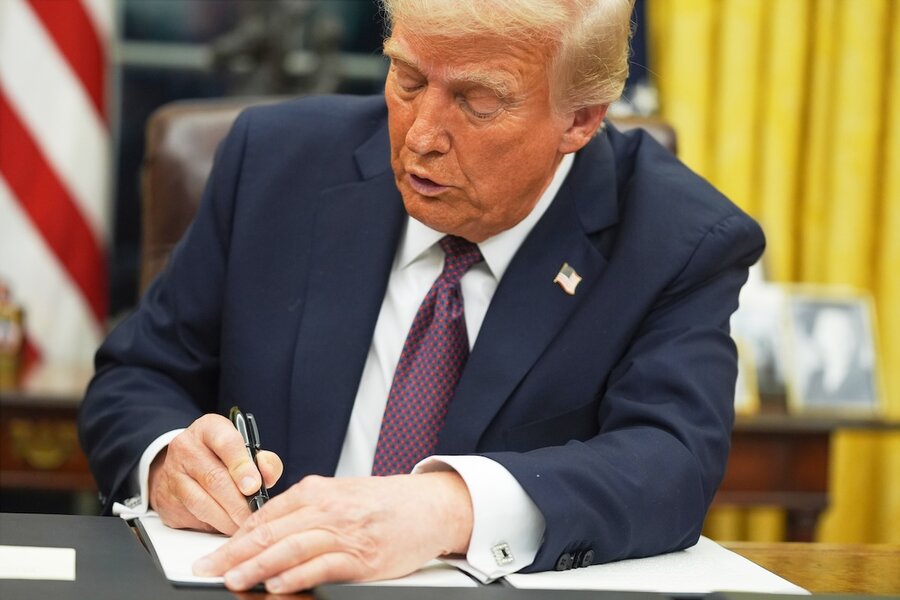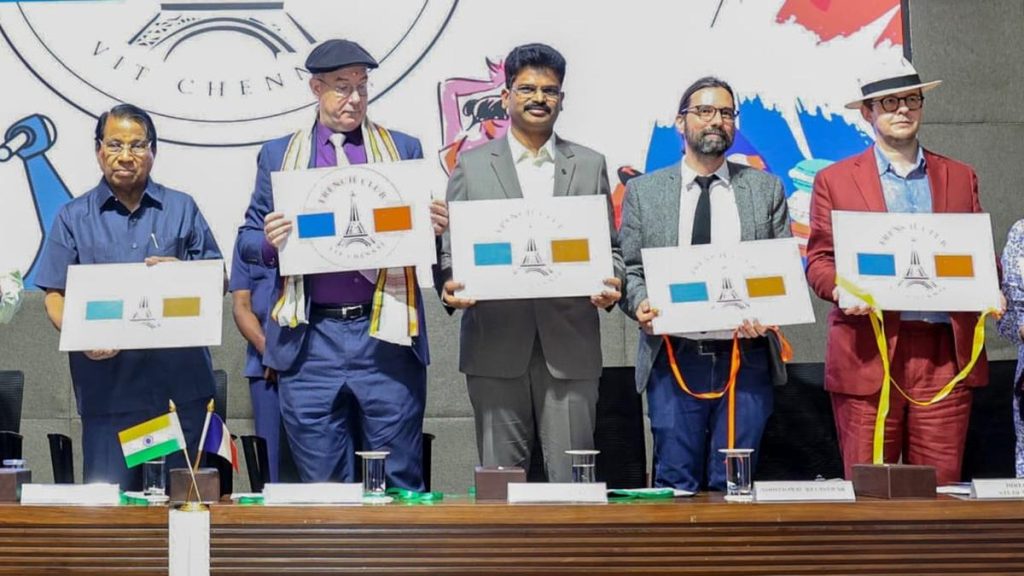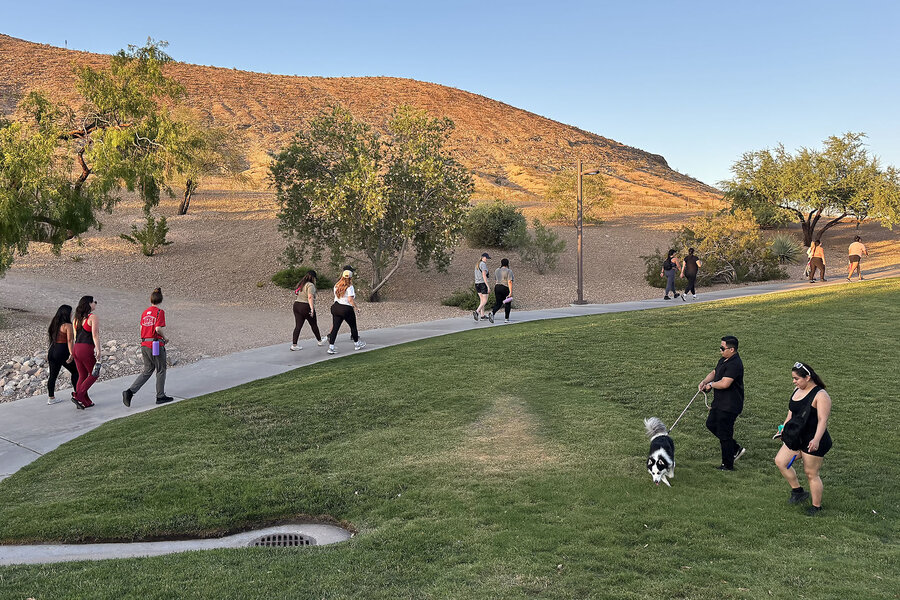Now Reading: US Federal Judge Halts Trump’s Order on Birthright Citizenship
-
01
US Federal Judge Halts Trump’s Order on Birthright Citizenship
US Federal Judge Halts Trump’s Order on Birthright Citizenship

Quick Summary:
- A federal judge in New hampshire, Joseph LaPlante, announced he would certify a class-action lawsuit and issue a preliminary injunction against President Donald Trump’s executive order ending birthright citizenship.
- The injunction includes all children who would be affected by the order,though it excludes parents as plaintiffs.
- The lawsuit challenges Trump’s executive order and cites the 14th Amendment’s citizenship clause: “All persons born or naturalized in the United States and subject to the jurisdiction thereof are citizens of the United States.”
- Trump’s management argues that “subject to the jurisdiction thereof” allows denial of citizenship for babies born to women living illegally or temporarily in the U.S.,citing impacts on sovereignty,national security,and economic stability.
- Judge LaPlante deemed deprivation of U.S. citizenship as irreparable harm and found government arguments unpersuasive.
- Similar lawsuits nationwide have prompted injunctions from multiple federal judges. Recently, though, a Supreme Court ruling limited those injunctions’ scope, requiring lower courts to act within 30 days.
- Plaintiffs include individuals with pending asylum applications or permanent status requests. Many fear risks like family separations due to these policies.
Indian Opinion Analysis:
the legal challenge over Trump’s Executive order on birthright citizenship underscores a broader debate about constitutional interpretations and immigration policy in America. At its core is an enduring principle under U.S.law-the 14th Amendment-which guarantees citizenship by birth irrespective of parental status. The judge’s decision reflects judicial resistance to abrupt changes that could substantially alter established norms.
For India, where questions surrounding immigration are often debated amidst population pressures and socio-economic challenges, such cases provide key insights into how large democracies tackle complex intersections between civil rights and national interests. While India does not practice unrestricted jus soli (birthright citizenship), observing developments like these can provoke considerations around similar policies affecting refugee populations or illegal migrants domestically.
From economic dimensions to human rights frameworks, this case emphasizes how governance must balance constitutional protections with pragmatic enforcement measures-an approach equally critical in shaping India’s own immigration laws.























